Introduction to Prepaid Cell Phones
Defining the Basics of Prepaid Mobile Technology
Have you ever wondered how prepaid cell phones operate without monthly bills? Well, the technology behind it is surprisingly straightforward. Also known as a pay-as-you-go mobile phone, prepaid cell phones are services purchased in advance of use. Instead of signing a contract with a mobile network operator and committing to a monthly payment plan, users can buy prepaid credits or “top-ups” which they then use to pay for calls, texts, and data usage. Once the prepaid balance is used up, users must purchase more credit to continue using the phone’s services. Prepaid phones are often favored by people who want to avoid long-term contracts or credit checks, or those who have irregular phone usage patterns.
The Rising Popularity of Prepaid Phone Options
Prepaid cell phone options are gaining traction for their simplicity and cost-effectiveness. They represent freedom from the long-term commitments and complex billing structures that come with traditional postpaid plans. As folks gravitate towards more control over their spending and fewer surprises on their bills, prepaid phones are emerging as a savvy choice. Many users are also drawn to them out of privacy concerns. With no need to tie services to their personal details, prepaid phones offer a level of anonymity in a world where privacy is becoming increasingly precious.
>> Read more: Detailed Explain: What are Prepaid Phones? Airvoice Wireless 2024
Understanding the Prepaid Model
The Mechanism: Paying in Advance for Services
The mechanism behind prepaid phones is refreshingly simple: you pay in advance for the services you use. Here’s how it goes: you buy a certain amount of credit for calls, texts, and data. As they use their phone, charges for each service are deducted from this balance in real time. When the balance runs low, they can add more funds—online, via phone, or by purchasing a physical top-up card at a variety of retailers. The beauty of this system is that they only pay for what they need, when they need it. There’s no risk of overspending or incurring overage charges as with some contract plans. And the best part? They can enjoy uninterrupted service without the dread of an upcoming monthly bill.
How Prepaid Plans Differ from Traditional Contracts?
Prepaid plans stand in stark contrast to traditional mobile contracts in quite a few ways. With a prepaid plan, they are relieved of monthly bills. Instead, they pay upfront for a specific amount of service and refill as needed. This eliminates the common contractual obligations such as early termination fees or penalties for changing service providers. Flexibility is a major perk—when their needs change, they can easily switch plans or providers without hassle. Traditional contracts usually come with a fixed monthly fee, which may include a certain amount of minutes, texts, and data. They might also require a credit check and have a fixed term length, sometimes locking users into a 1- or 2-year agreement. While some users appreciate the predictability and potential for unlimited use plans, others find the prepaid model more conducive to their lifestyles because of its pay-as-you-go structure. This breakdown should give you a clear understanding of the main differences between prepaid plans and traditional contract-based plans.
>> Read more: Choosing a Phone: Burner Cell vs Prepaid Cell Differences
| Aspect | Prepaid Plans | Traditional Contracts |
| Payment Structure | Pay in advance for usage (top-ups) | Pay monthly for a set service package |
| Contract Commitment | No long-term contracts required | Typically involves 1-2 year contracts |
| Credit Checks | Usually no credit checks required | Often require credit checks |
| Flexibility | Easily switch carriers or plans | Limited flexibility during contract |
| Cost Control | Control spending by purchasing specific amounts of credit | Fixed monthly bills regardless of usage |
| Extras and Discounts | Fewer perks and discounts often available | More extras like subsidized phones and loyalty rewards |
| Coverage and Network | May have access to same networks as contract plans, but sometimes with limitations | Full access to network without restrictions |
| Upfront Costs | Pay upfront for device (if purchasing) | Often subsidized or included in monthly payments |
| Early Termination Fees | None, as there’s no contract | Typically incurred if contract is ended early |
How to Get Started with a Prepaid Phone?
Types of Prepaid Phone Plans
The variety of prepaid phone plans out there appeals to a range of needs and budgets. You may come across pay-as-you-go options, where you simply pay for the exact number of minutes, texts, and data as they use them. Alternatively, you might opt for monthly prepaid plans, which provide a bundle of services for a set fee, valid for 30 days. There’s also the flexibility to choose unlimited talk and text plans, with or without data, and even international calling options if you frequently call overseas. For the data-savvy, some plans focus heavily on providing ample data at high speeds, often with a capped amount for 4G or 5G before switching to slower speeds. If you frequently use social media apps that use a lot of streaming or videos, then a higher plan might be what you need. Considering usage patterns and personal preferences will help you decide among these types, ensuring that you find the plan that’s just right for your needs.
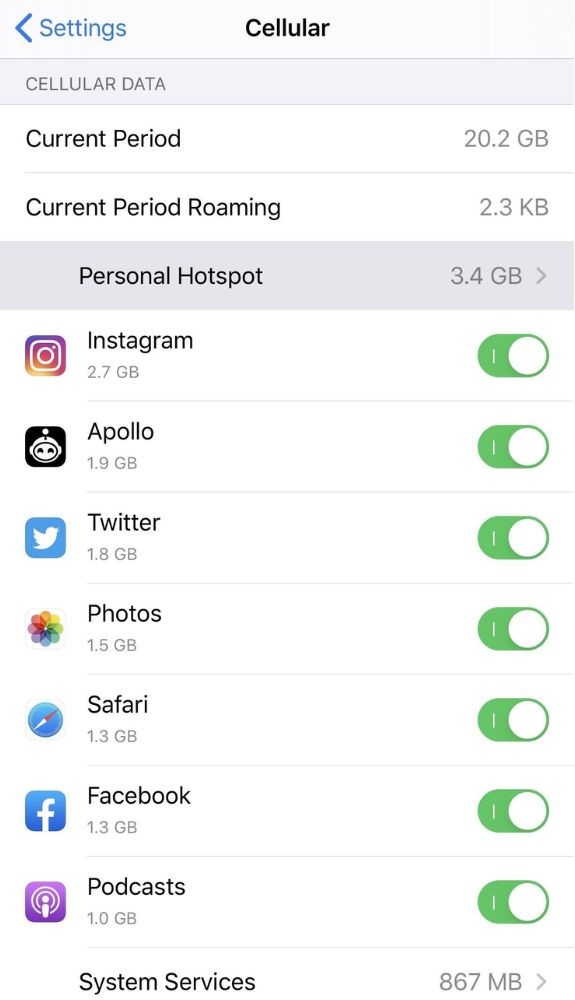
Selecting the Right Prepaid Phone and Plan
Selecting the right prepaid phone and plan is a matter of aligning your needs with the available options. Start by assessing how much you talk, text, and use data. If you’re light on usage, a simple pay-as-you-go plan might be the best fit. However, if you find yourself frequently on the phone or streaming content, you may want a plan with more generous allowances or unlimited options.
Next, consider the phone itself. If you’re not too concerned about having the latest features, a basic prepaid handset can be quite affordable. But if you can’t do without the high-tech specs, they should look for a plan that offers more sophisticated androids or iPhones.
Lastly, check the coverage of your wireless network in the areas you frequent. Even the best plan is only as good as the network it operates on. Research providers to see who offers the best connectivity service where you live, work, and play.
Consider AirVoice Wireless for your prepaid phone plan needs. Their prepaid plans offer flexibility, affordability, and no long-term commitments, making them a convenient option for anyone seeking reliable mobile service without the constraints of traditional contracts. With plans starting varying from 1,3, 6, and 12 months with customizable data packages as well.
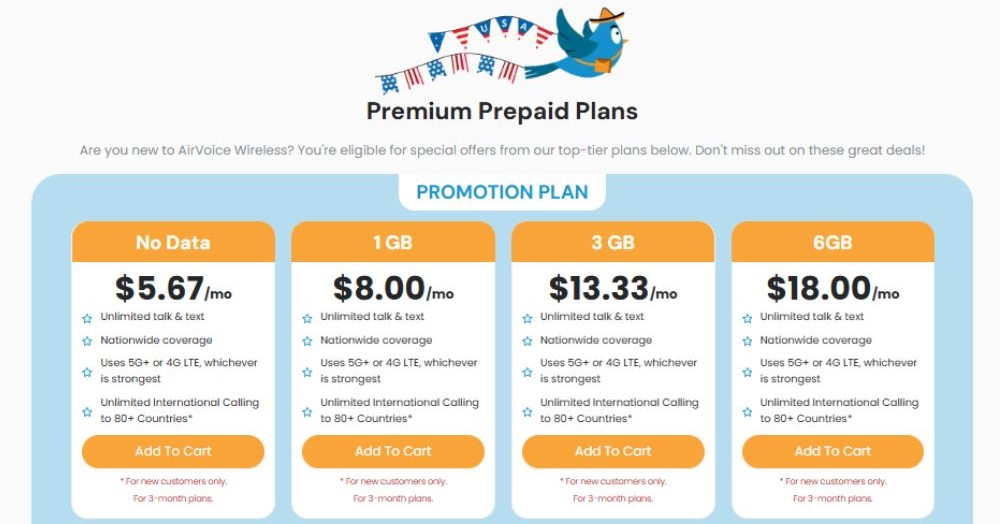
Activating Your Prepaid Device
Activating your prepaid device is a breeze. Follow the steps below to activate your device and begin enjoying the benefits of your chosen plan.
- Purchase Your Device and Plan: Begin by selecting your desired cellphone and a prepaid plan that suits your needs. Whether you’re opting for a basic flip phone or the latest smartphone, ensure it’s compatible with the provider’s network. Already have a phone? No problem, you can also bring your own trustworthy device.
- Insert the SIM Card: Once you have your device, insert the provided SIM card into the designated slot. This step establishes the connection between your phone and the provider’s network, enabling communication services.
- Activate the Service: Activation can be completed either on their website, over the phone, or in-person at a physical store. Follow the telecommunications provider’s instructions to activate your service. You’ll typically need to provide basic information and details about the prepaid plan or top-up card you’ve purchased.
- Online or Phone Activation: If activating online or over the phone, follow the prompts provided by the telecommunications company. Login with your account information and input the required details accurately, including personal details and plan specifics. Within minutes, your phone will be activated and ready for use.
- In-Person Activation: For those preferring face-to-face assistance, visit a physical store location or retail location of your chosen provider. A representative will guide you through the activation process, ensuring everything is set up correctly.

Advantages of Choosing Prepaid
When it comes to selecting a prepaid phone plan, it’s essential to consider that the best option differs for each person based on their individual needs, budget limitations, and data usage. Prepaid plans offer flexibility, affordability, and simplicity, catering to a wide range of preferences and budgets. Whether you’re a light user requiring minimal data or a heavy data consumer, there’s a prepaid plan tailored to suit your specific requirements. By assessing your usage patterns and priorities, you can choose a prepaid plan that aligns perfectly with your needs, ensuring you get the most value out of your mobile service.
- Flexibility: Prepaid plans typically offer more flexibility than contract-based plans. Users can switch plans or carriers without penalties or long-term commitments, allowing them to adapt to changing needs or circumstances.
- No Credit Checks: Prepaid plans often don’t require credit checks, making them accessible to individuals who may have difficulty qualifying for traditional contract plans. This inclusivity ensures that more people can access mobile services without barriers.
- Spending Control: With prepaid plans, users have control over their spending. They pay for services upfront, which helps them manage their budget more effectively and avoid unexpected overage charges or hidden fees.
- No Long-Term Contracts: Prepaid plans don’t typically require long-term contracts, providing users with greater freedom and flexibility. There’s no commitment to stay with a specific provider for an extended period, giving users the freedom to switch plans or carriers as needed.
- Affordability: Prepaid plans can be more affordable than contract-based plans, especially for individuals who don’t use their phone extensively or have unpredictable usage patterns. Users only pay for the services they need, which can result in cost savings over time.
- No Bill Shock: Since users pay for services upfront, there’s no risk of bill shock at the end of the month. Prepaid plans offer transparency and predictability, allowing users to budget more effectively and avoid unexpected expenses.
- Easy Activation: Activating a prepaid phone is usually straightforward and hassle-free. Users can activate their device online, over the phone, or in-person at a store, with no lengthy paperwork or complicated processes.
Potential Limitations and Drawbacks
While prepaid phone plans offer flexibility and cost control, they may not be suitable for everyone. Consider these disadvantages and limitations carefully to determine if a prepaid plan aligns with your needs and preferences. Here are some disadvantages to consider before opting for a prepaid plan:
- Limited Features: Prepaid plans often come with fewer features compared to contract-based plans. This may include limitations on international calling, roaming services, or access to certain network features.
- Higher Per-Minute or Per-Text Costs: While prepaid plans can be cost-effective for light users, individuals who frequently make calls or send texts may find that the per-minute or per-text costs add up quickly. In contrast, contract-based plans often offer unlimited calling and texting at a fixed monthly rate.
- Data Restrictions: Many prepaid plans have data restrictions or throttle data speeds after reaching a certain limit. This can be frustrating for users who rely heavily on mobile data for streaming, downloading, or browsing the internet.
- Limited Phone Selection: Prepaid plans may have a more limited selection of compatible devices compared to contract-based plans. This can restrict your options if you’re looking for the latest smartphones or specific models.
- No Device Subsidies: Unlike contract-based plans, prepaid plans typically do not offer device subsidies or financing options. This means you’ll need to pay the full retail price upfront for a new device, which can be expensive.
- Expiration of Unused Credit: With prepaid plans, any unused credit or minutes typically expire after a certain period, often within 30 or 90 days. This can result in loss of funds if you don’t use your phone regularly.
- No Billing or Credit History Benefits: Since prepaid plans don’t involve monthly bills or credit checks, they don’t contribute to building a positive credit history or eligibility for financing options.
Who Should Consider a Prepaid Phone?
Prepaid phones are an excellent choice for a substantial variety of individuals. If you love having control over your spending and prefer not to be tied down by a long-term contract, then a prepaid plan might be the perfect fit. They are ideal for those who are budget-conscious or for parents wanting to monitor their child’s phone usage.
- Budget-Conscious Individuals: If you’re looking to save money on your monthly phone bill or prefer to have control over your spending, prepaid phones offer cost-effective alternatives to traditional contract-based plans.
- Light Users: If you use your phone infrequently for calls, texts, or data, prepaid plans allow you to pay only for the services you use, making them ideal for light users who don’t need unlimited plans.
- Students: Prepaid plans are popular among students who may have limited funds or uncertain income streams. With prepaid options, there are no surprise charges or overage fees, making budgeting easier for students on a tight budget.
- Travelers: For those who frequently travel domestically or internationally, prepaid plans offer flexibility and convenience. You can easily switch to a local prepaid SIM card when traveling abroad, avoiding hefty roaming charges.
- Individuals with Poor Credit: Since prepaid plans typically don’t require credit checks, they are accessible to individuals with poor or no credit history, providing a viable option for those who may not qualify for traditional contract plans.
- Temporary Residents or Expats: If you’re living in a new location temporarily or as an expatriate, prepaid plans offer flexibility without the need for long-term commitments or contracts, making them suitable for transient lifestyles.
- Parents or Guardians: Prepaid plans are popular choices for parents or guardians who want to provide their children with mobile phones while maintaining control over usage and spending. Parents can set limits on usage and easily monitor their child’s phone activity with prepaid plans.

Frequently Asked Questions
Can You Upgrade Prepaid Phones as Easily as Contract Phones?
Upgrading prepaid phones is more straightforward in some ways since there’s no need to wait out a contract. When they’re ready for a new device, they simply purchase it and switch their service over. However, unlike contract phones that often offer subsidized upgrades, with prepaid they’ll typically pay the full retail price for a new phone.
Is There Any Difference in Network Quality Between Prepaid and Postpaid?
Network quality between prepaid and postpaid services is generally the same, as both types of plans often use the same networks of major carriers. However, during network congestion, some carriers may prioritize postpaid customers, potentially resulting in slower speeds for prepaid users. It’s always wise to check with the provider about any differences in service.
How Do International Calls Work on Prepaid Phones?
Making international calls from prepaid phones can be as simple as dialing the number, as long as the plan includes international dialing. Some plans might require purchasing an additional international calling pack or add-on. Rates vary by country and provider, so they should check the specific details of their plan. Remember, in some cases, calling from outside America could result in high roaming charges. Consider telecommunications companies that offer free unlimited international calls in their bundles like AirVoice Wireless.
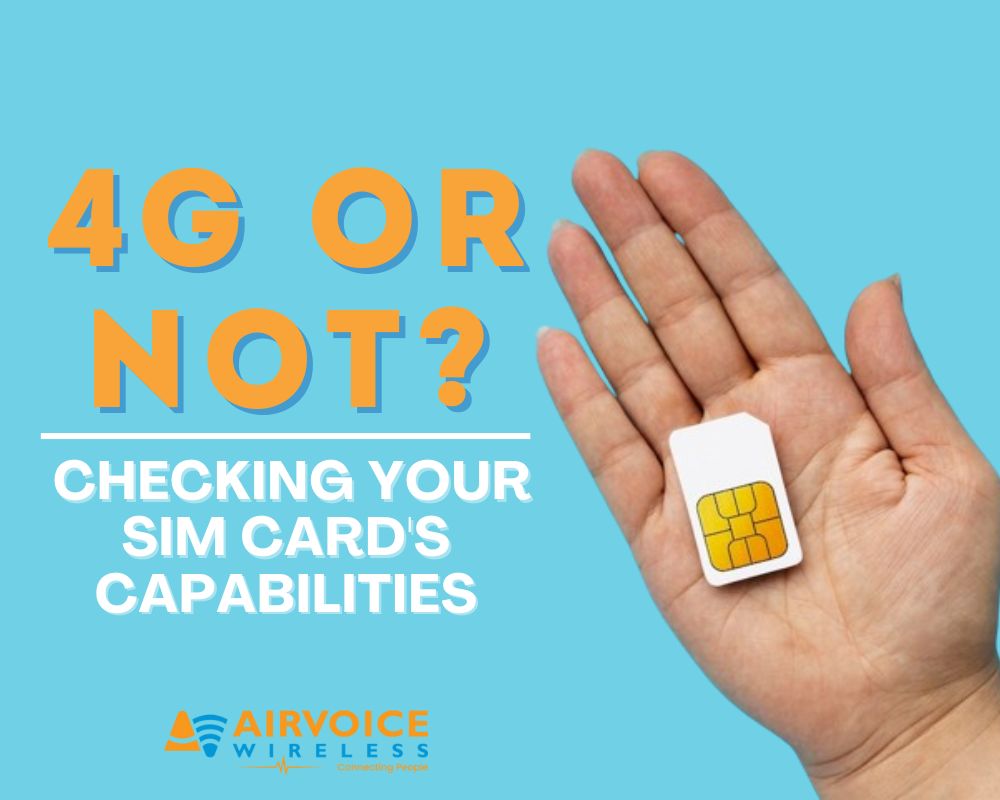
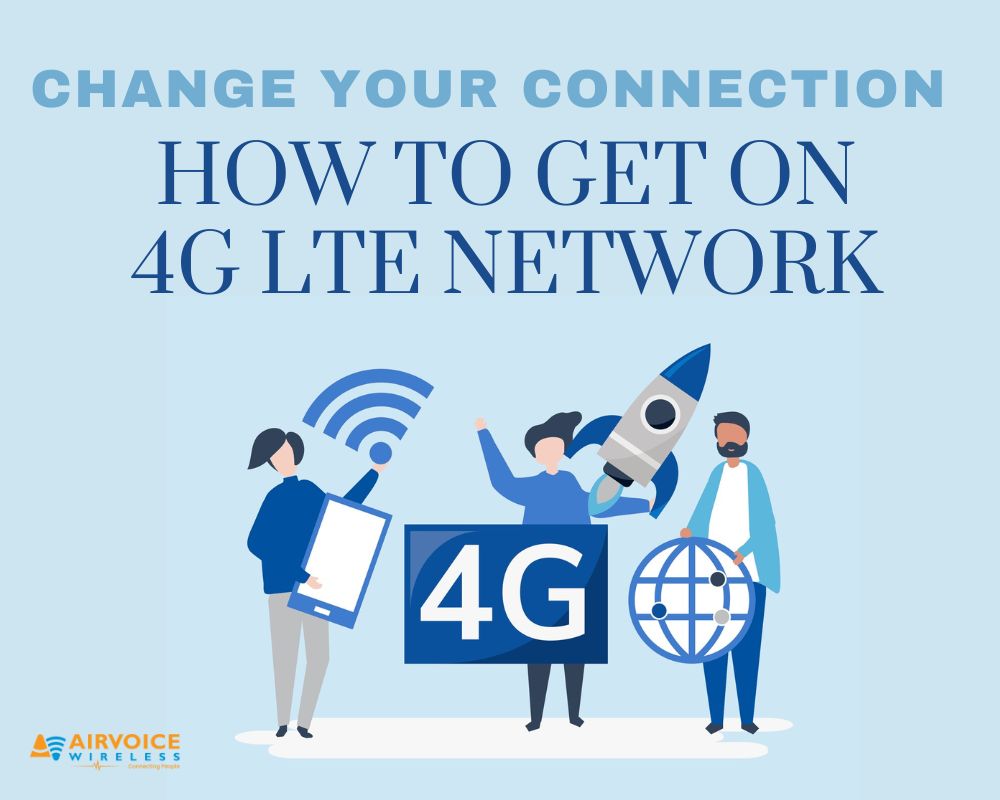
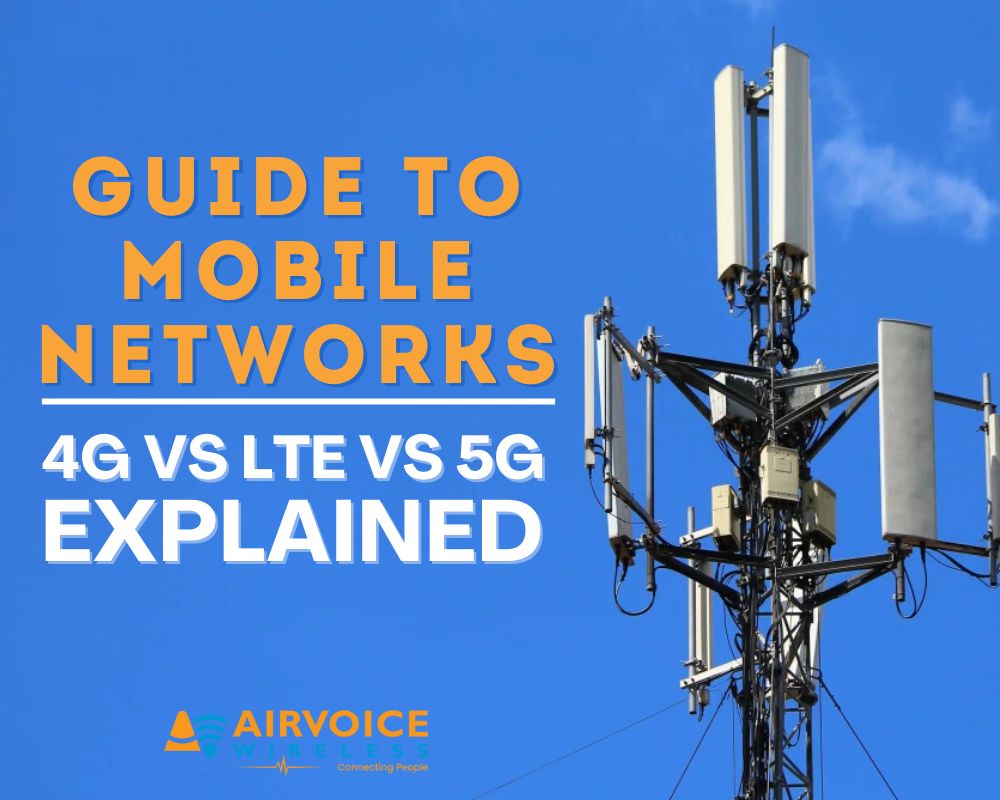
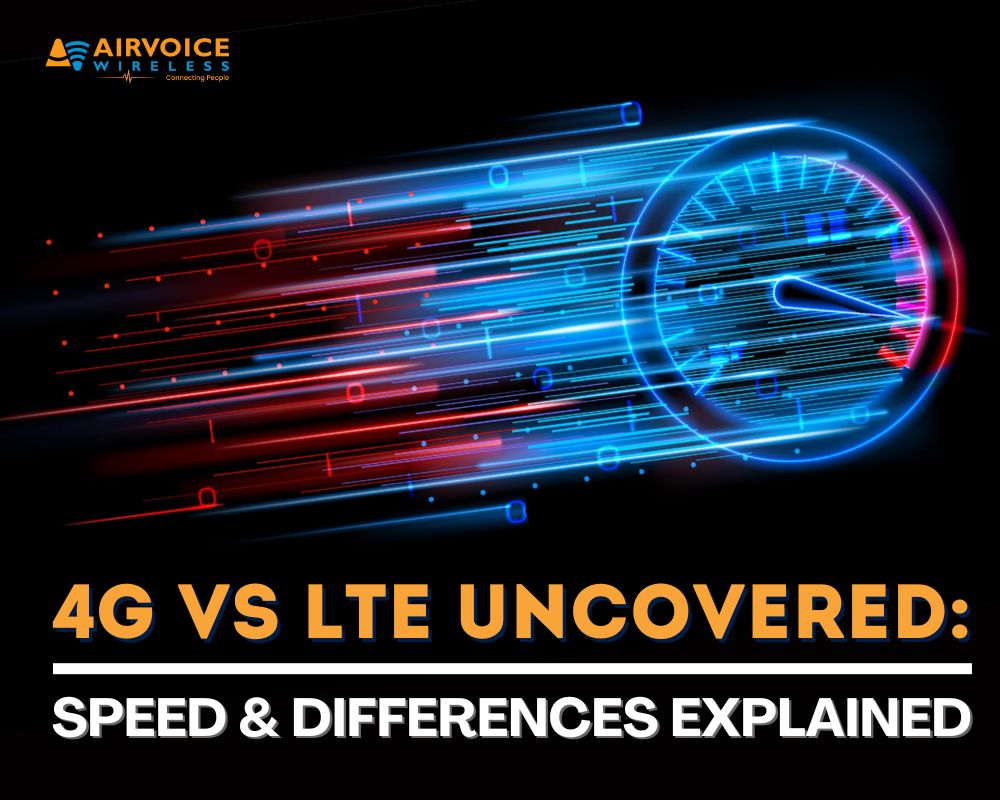
Leave A Comment